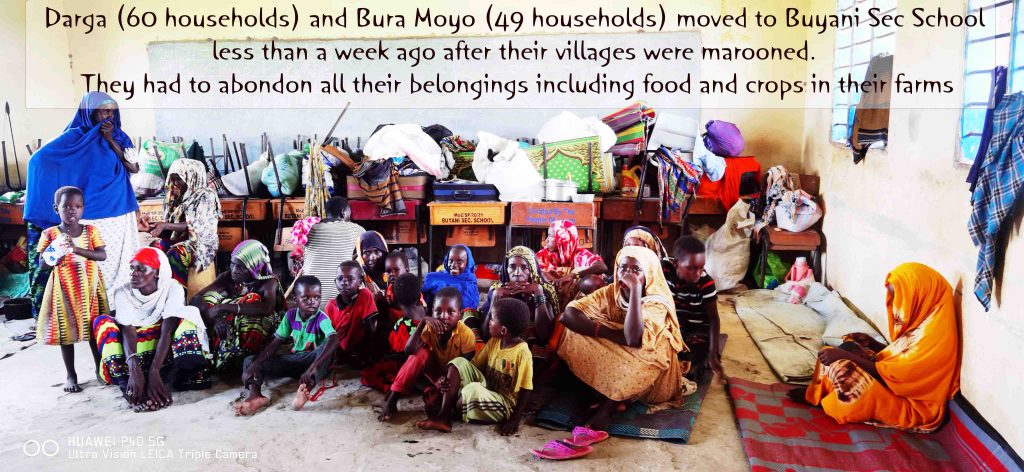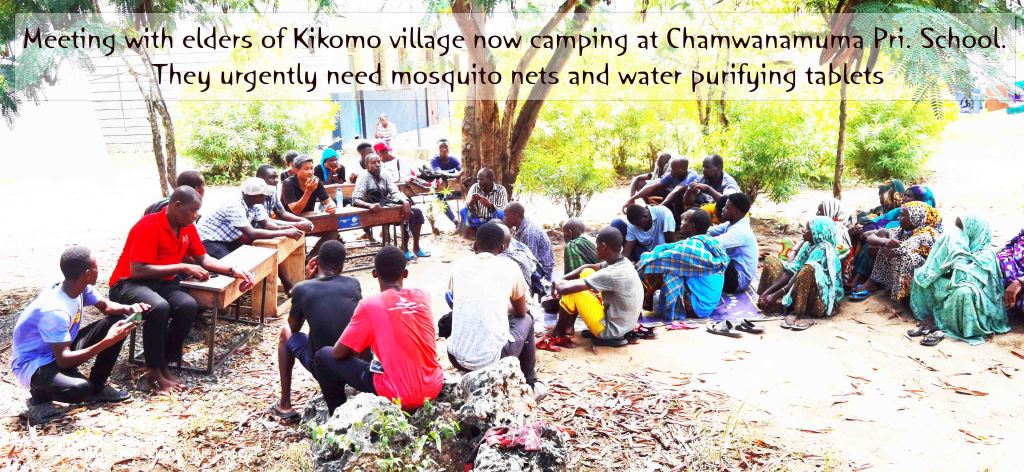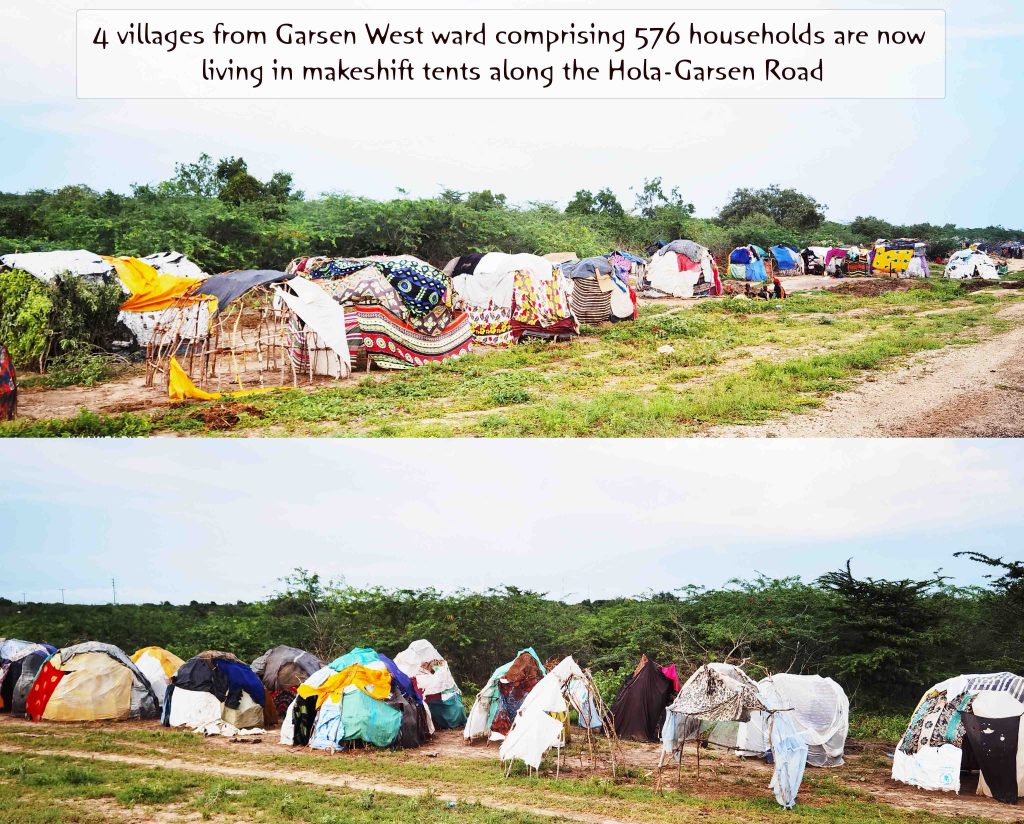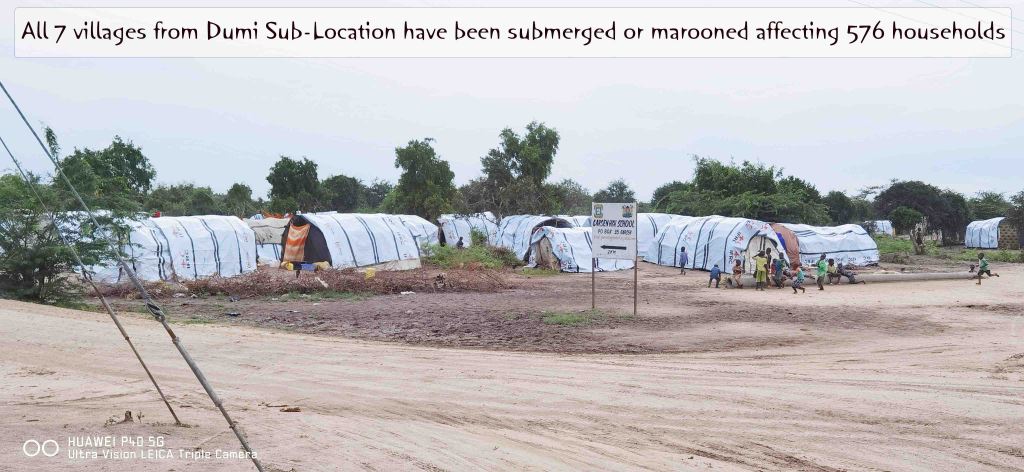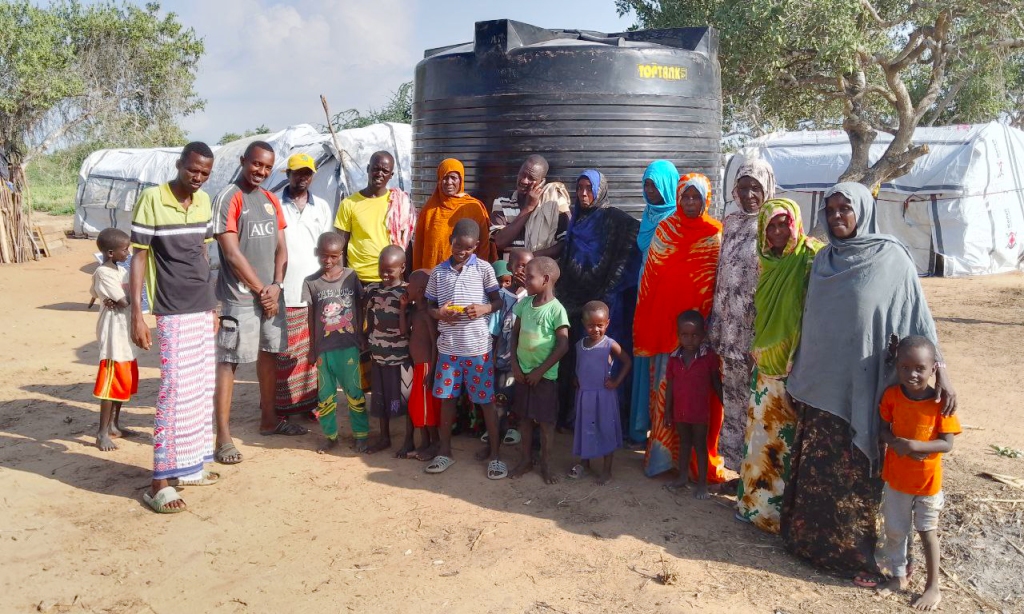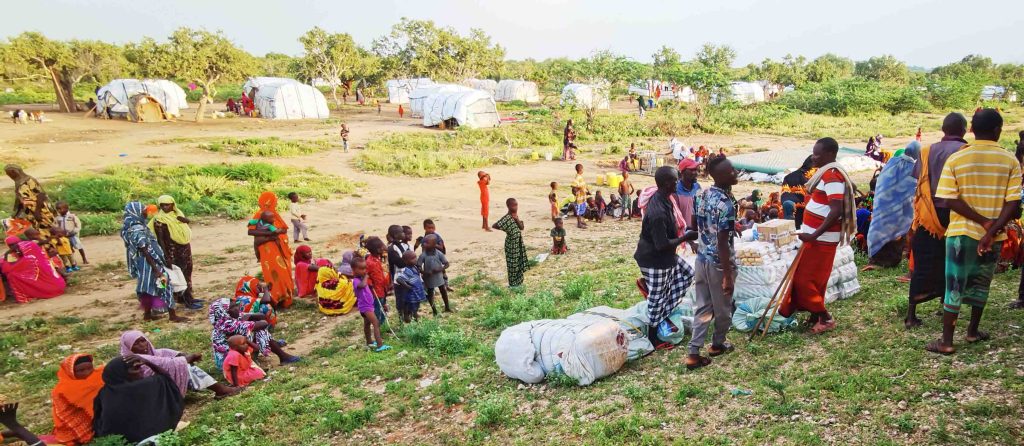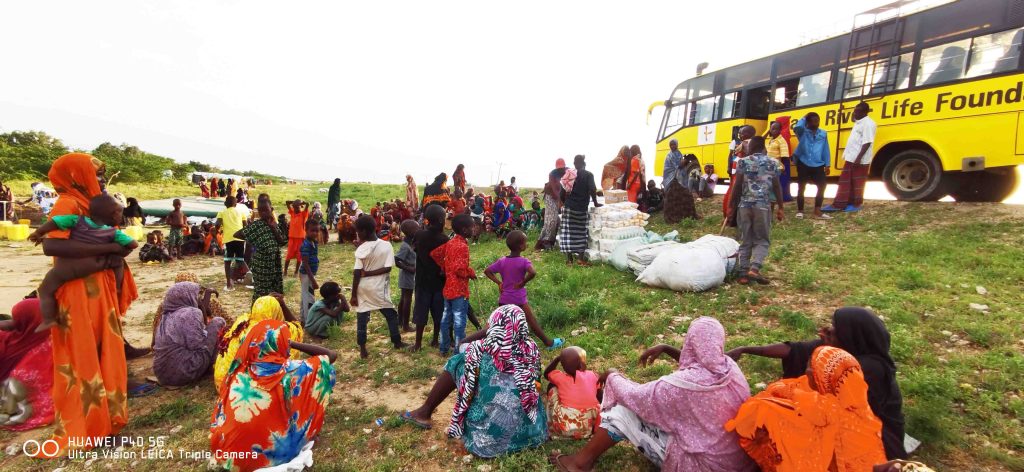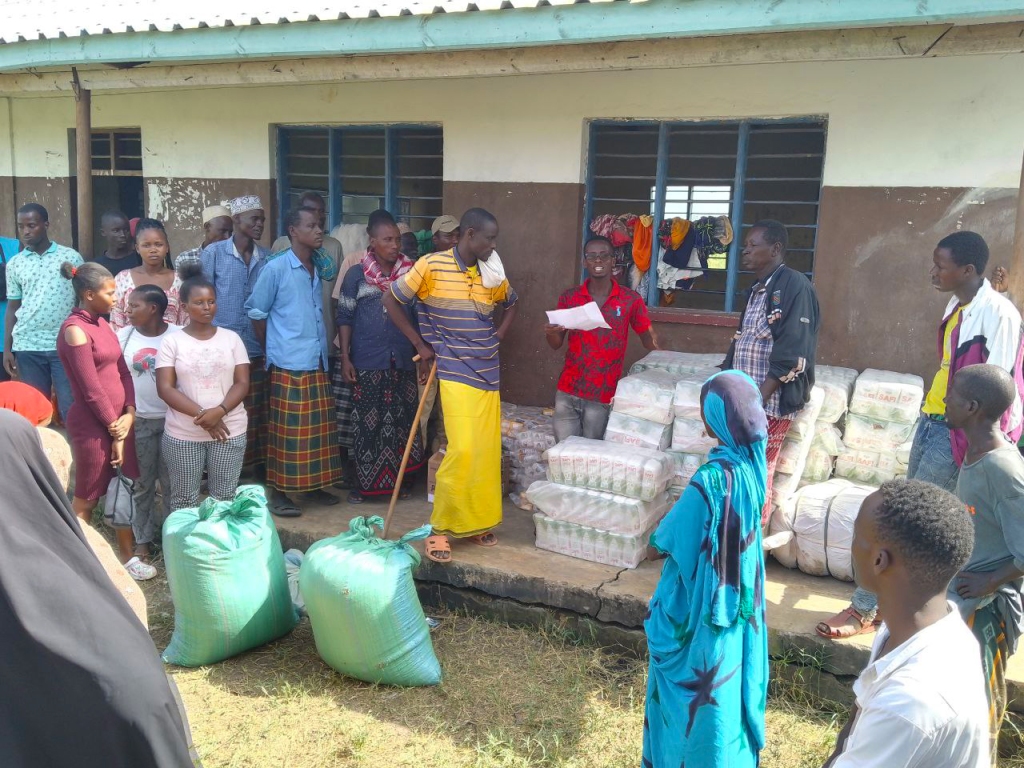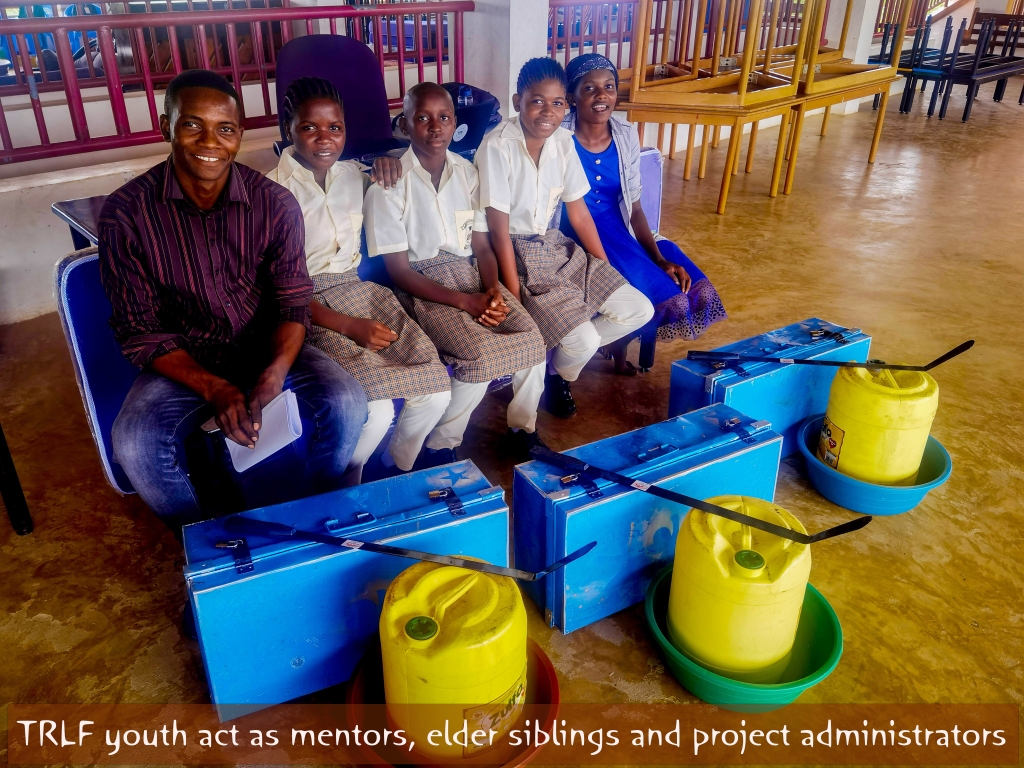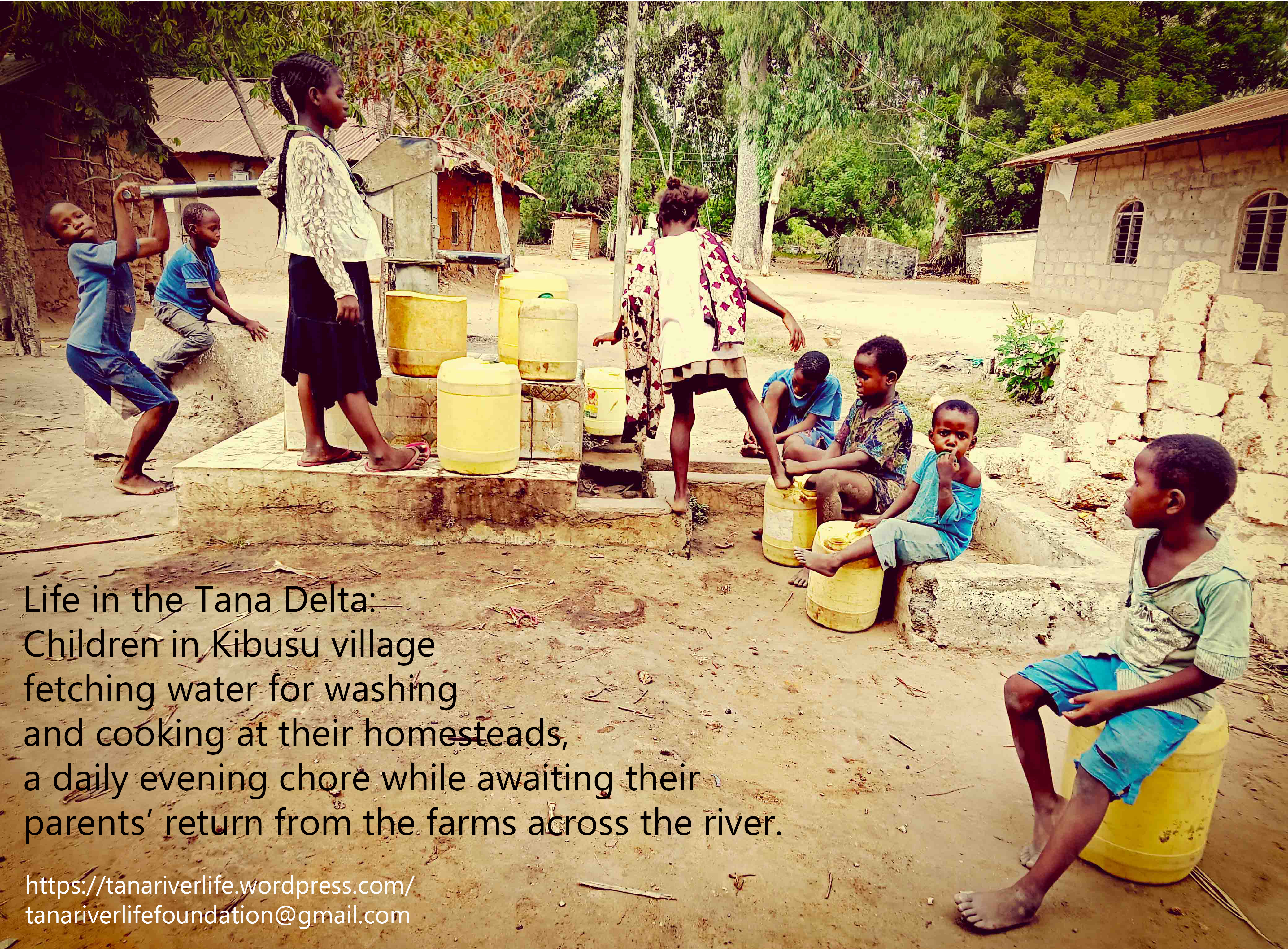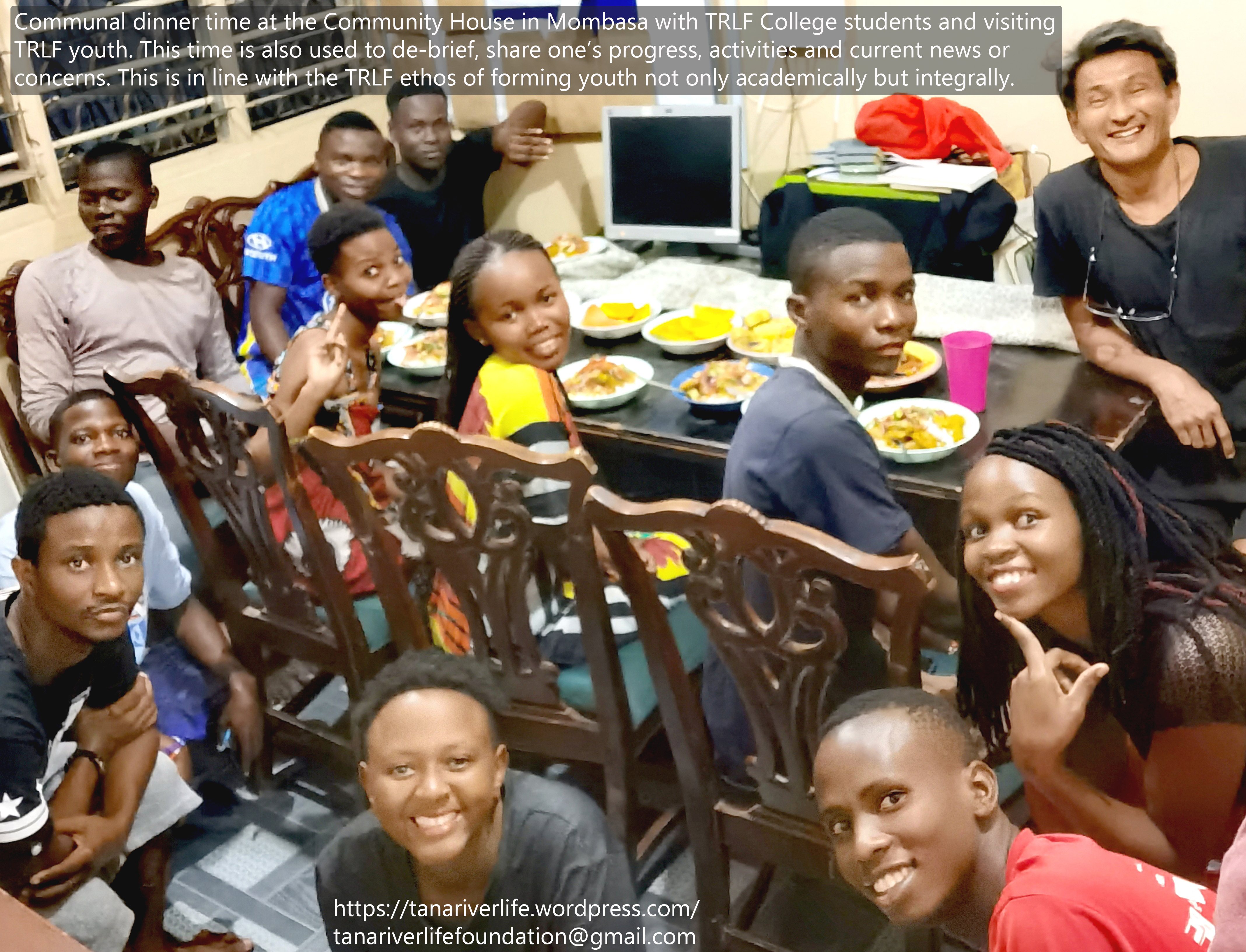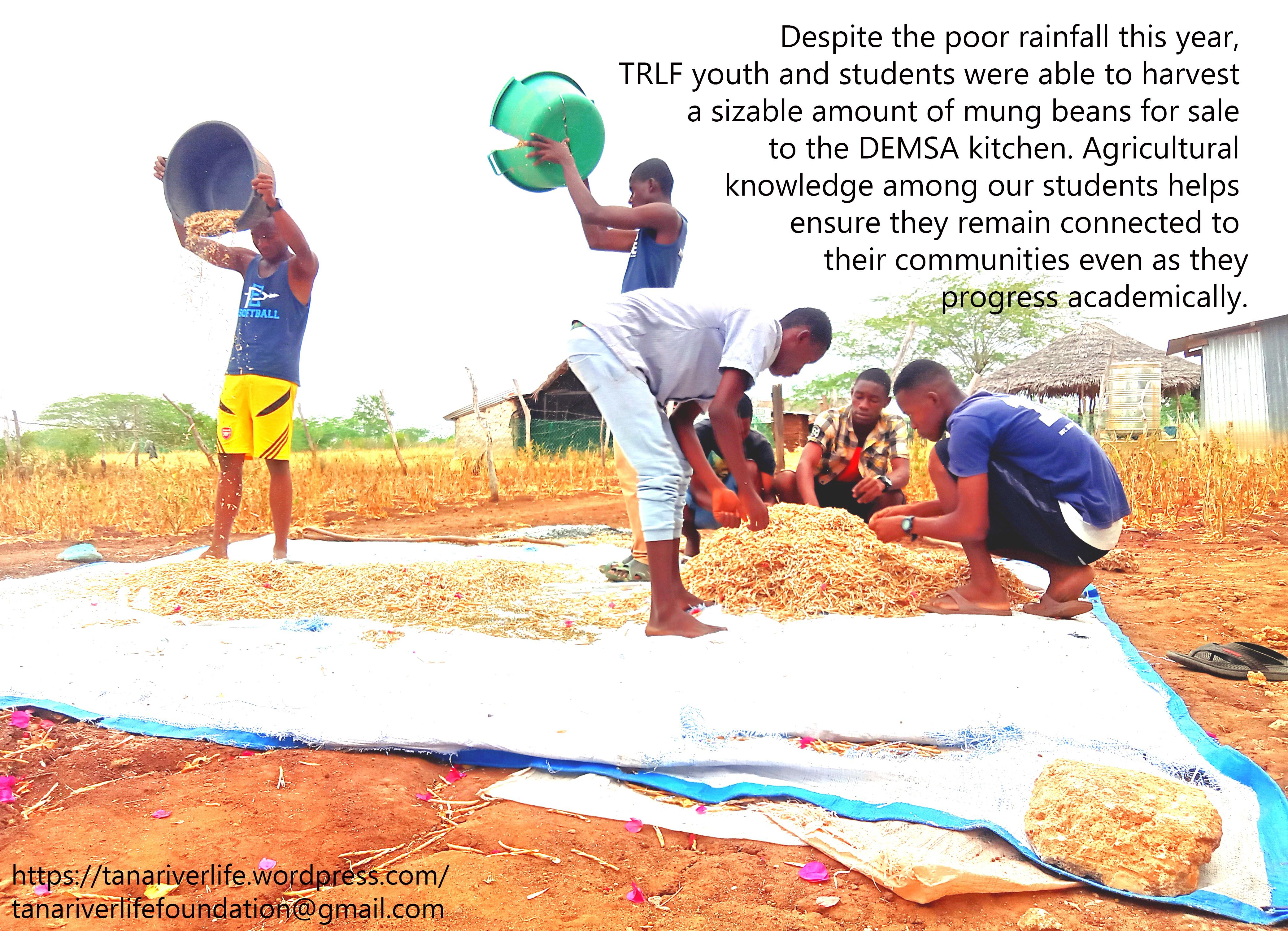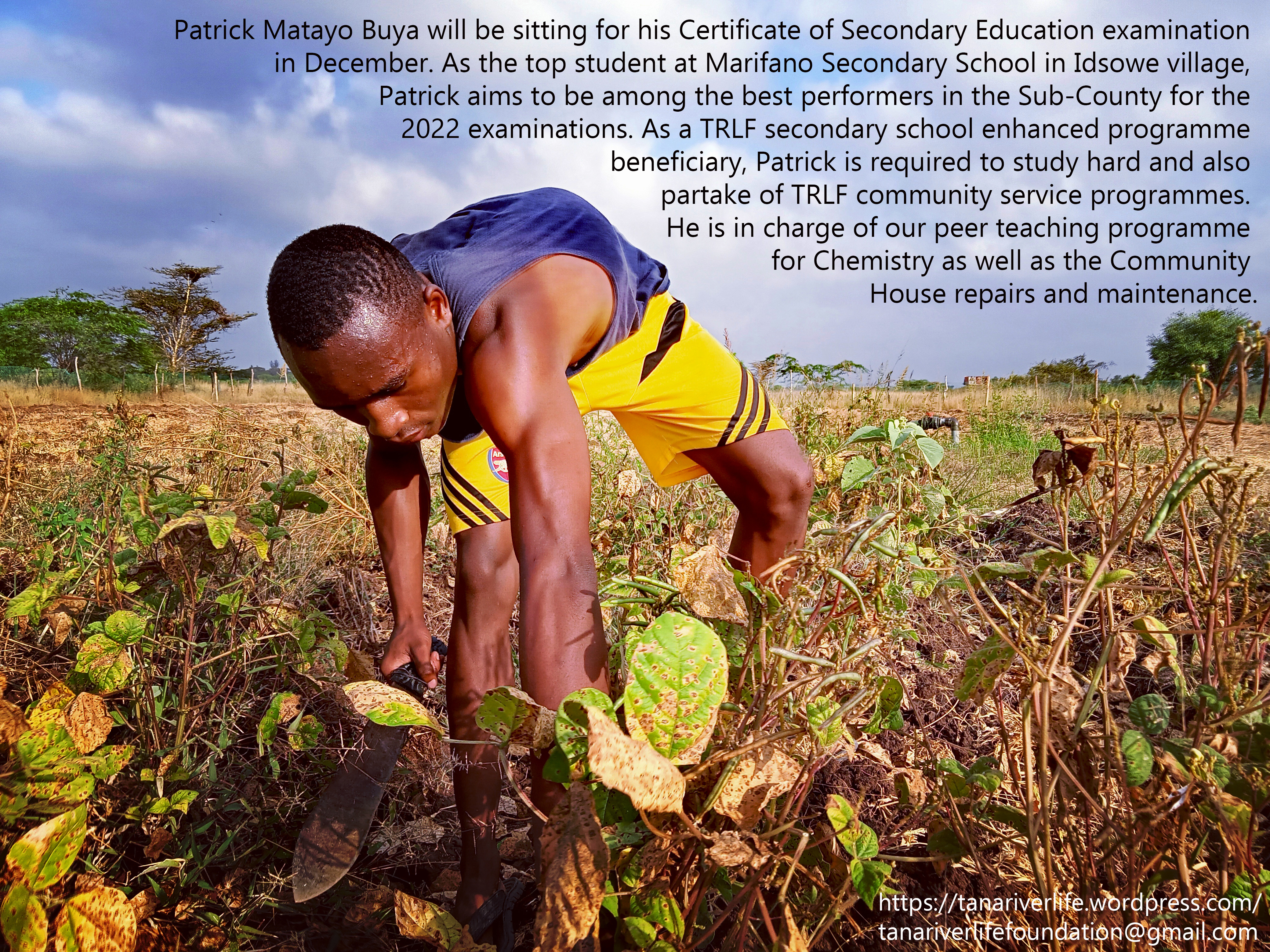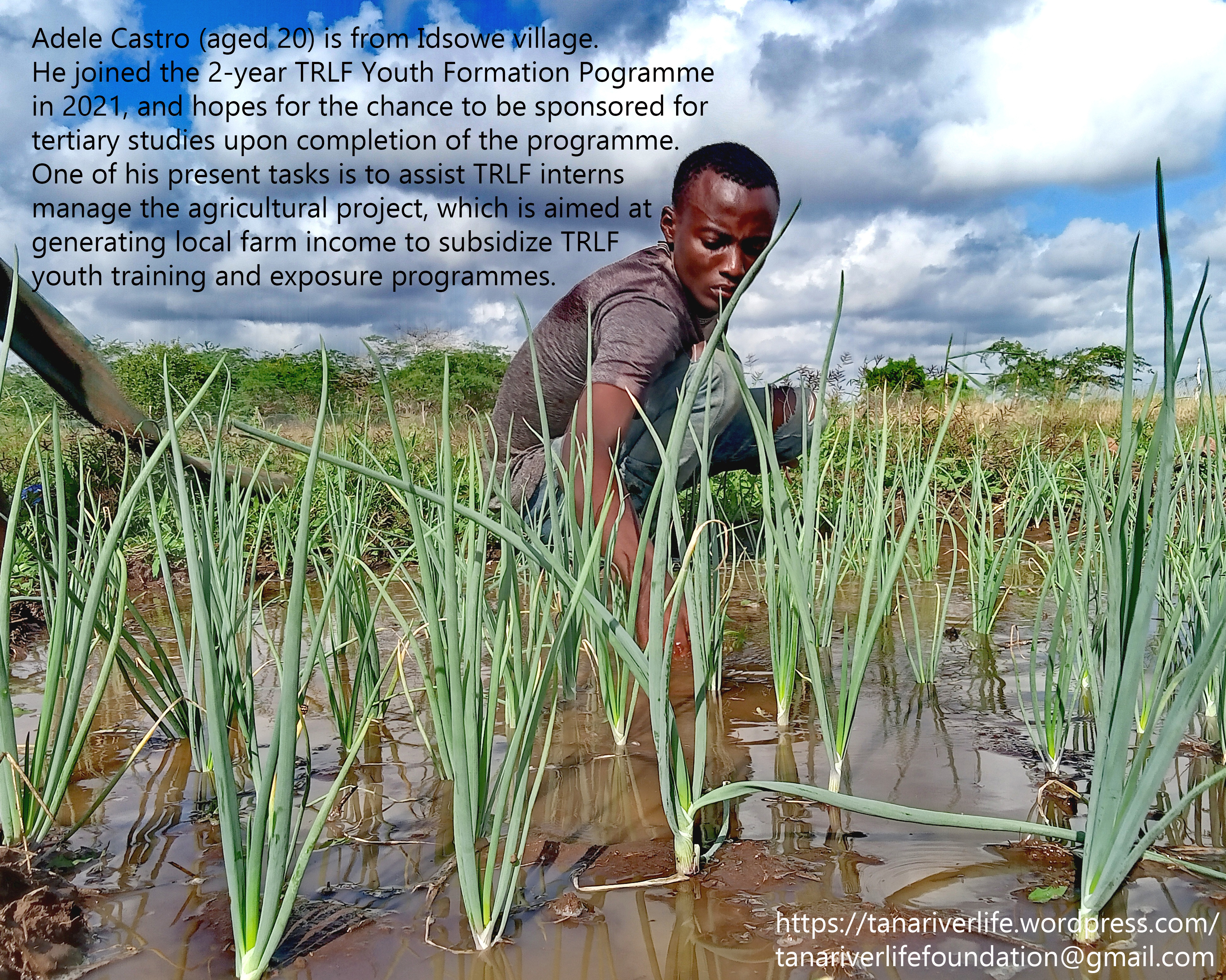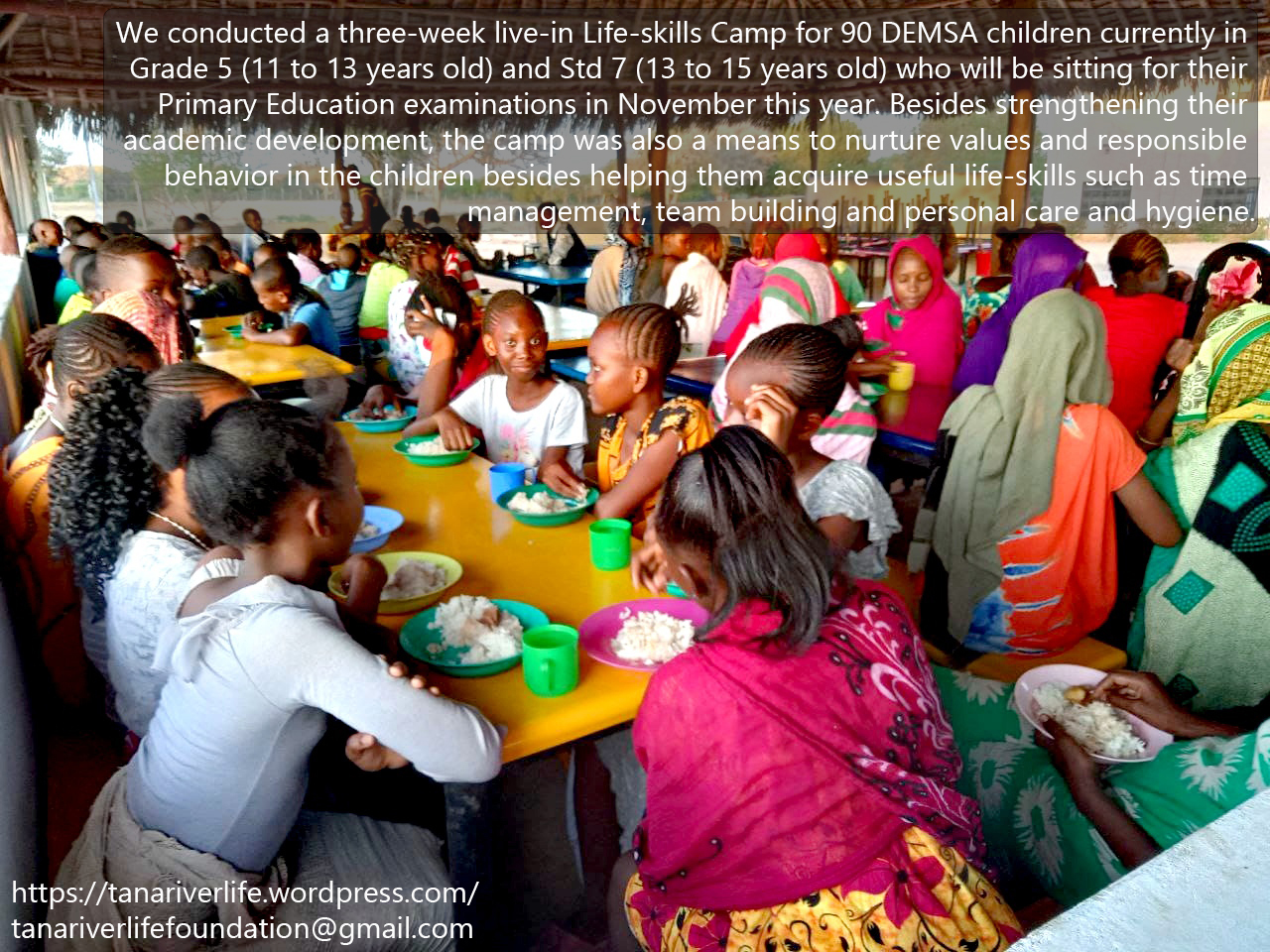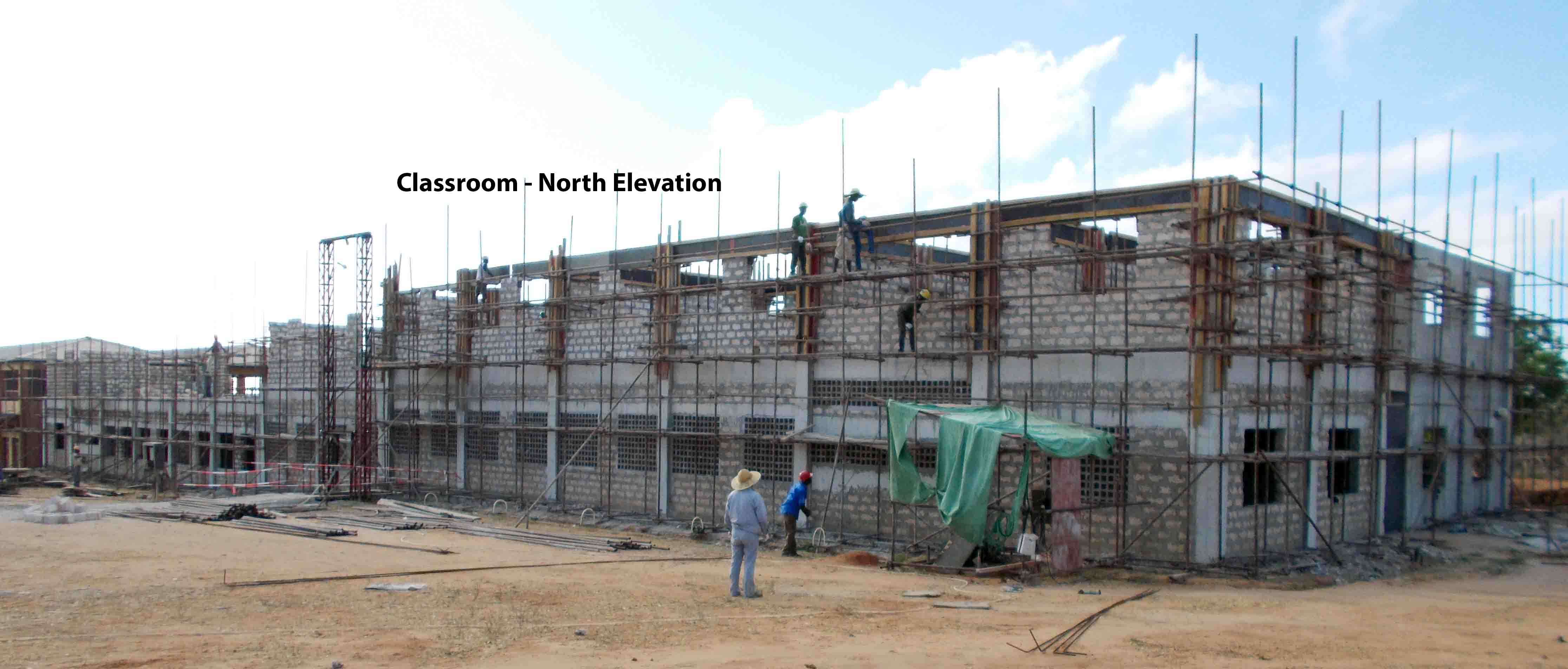Dear Friends
I pray that you and your loved ones are well, and wish all of you a belated Christmas and a very Happy New Year 2016. May God bless you with grace, joy, peace and inner strength in the year ahead.
It has been really hot over here in Tana for the entire month of December, despite the heavy rains. Thankfully the weather has cooled down this week and we are hoping that the hottest period has passed. The river broke its banks as a result of the heavy rains upcountry and some villages along the Tana River were flooded. Our village was not affected though our farm and many others along the river were flooded causing some loss of crops. Nevertheless, it was not as bad as we were expecting with all the dire predictions of El Nino in the press since September.
We continued extending our reach to the most interior villages this year, giving a lot of students opportunities they would otherwise not have. We managed to organize the first Tana Delta Secondary School Debate sanctioned by the Ministry of Education. We held it at Kitere Secondary School, the most remote school in the Delta. The entire school comprises a single building with 3 classrooms, one of which is used as staff room cum principal’s room cum store.

Kitere Secondary School is situated in Ndera Location. It is the most remote secondary school in the Tana Delta
It takes two hours to get there during the dry season and even longer during the rains, if at all the roads are passable. Normally such events are held in schools situated closer to the tarmac road, and at most just a few student representatives from the interior schools are able to travel to attend such functions due to lack of means.

Every debate participant received a dictionary donated by St. Theresa’s Convent in Singapore
Holding the event at Kitere Secondary School gave that entire school population a truly unforgettable experience. It also enabled students from the less remote areas who participated in the debate to appreciate the challenges students in the remote areas face.

TRLF – improving Literacy Skills in the Tana Delta
Our school, Delta Mustard Seed Academy had an enrolment of over 150 students this year. Our children are able to read from the time they are 5 years old, whereas the norm in the Delta has always been that kids even as old as 9 struggle to read simple words. We would like to assist more children develop in this way and have identified 6 primary schools in the most outlying locations for special assistance. We are developing a program together with the school teachers from these schools for implementation in 2016.

School Building under construction; Community Centre in the background
Work restarted on construction of the school building of the Emmaus Centre Project (ECP) in late November. The delay was because the contractor Mr. Li was tying up another project in Ethiopia and was unable to release his site manager until mid-November. The site manager Mr Yang is a very skilled and dedicated builder and his service is worth the wait. He undertook the community centre construction and completed that with utmost professionalism and much passion. The school is expected to be completed by May 2016.
The community centre building is complete with the exception of the internet connection. We are working on getting the external works completed, i.e. waste disposal, water supply and storage etc. All such works are expected to be completed by mid-2016.

TRLF youth, Nancy and Esther explaining the use of reusable sanitary napkins to students from Kitere
We continue nurturing our youth, both at secondary school level as well as post-secondary level, helping them form and internalize moral values. We also involve them in all the community work we do so that they become more integrated in the real lives of their own communities and neighbours. Many of them mature to become more passionate and aware of the needs of others and of their responsibilities to assist.

TRLF donated desks, chairs and textbooks to Oda, Buyani and Kitere secondary schools in 2015
As we leave the gift of 2015 behind, and look forward in wonder and faith to 2016, I thank you very much for journeying with us as we build individual lives, and thereby entire communities. You are remembered in our prayers today and I ask that you too keep us in yours. Once again, Happy New Year 2016, be blessed.

Idsowe Village – Tana Delta, Kenya
1st January 2016
Filed under: Education Centre Project, Gabriel Teo, Tana River Life Foundation | Tagged: Construction of ECP, Delta Mustard Seed Academy, Education Centre Project, Gabriel Teo, Tana River Life Foundation | Leave a comment »








